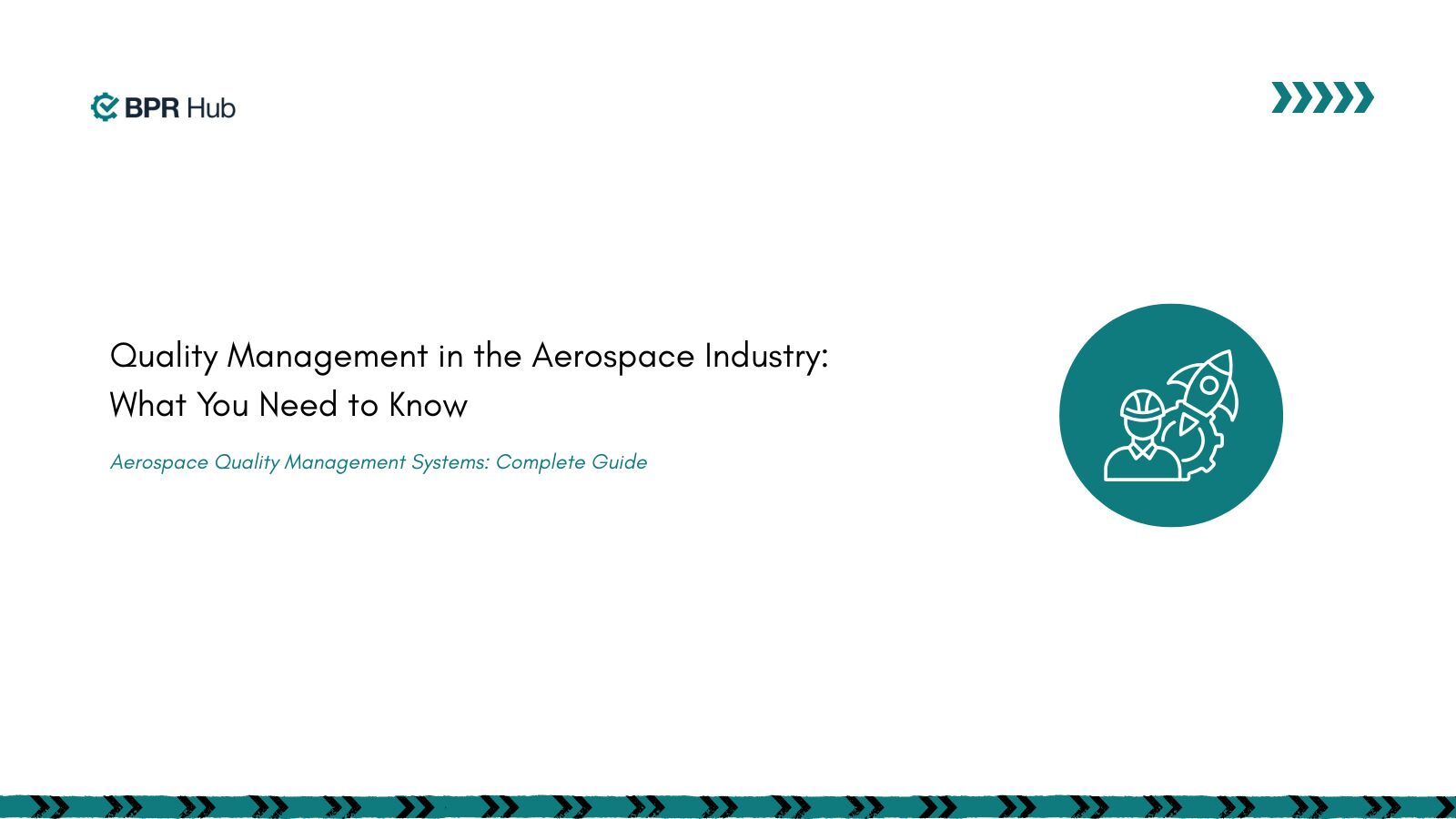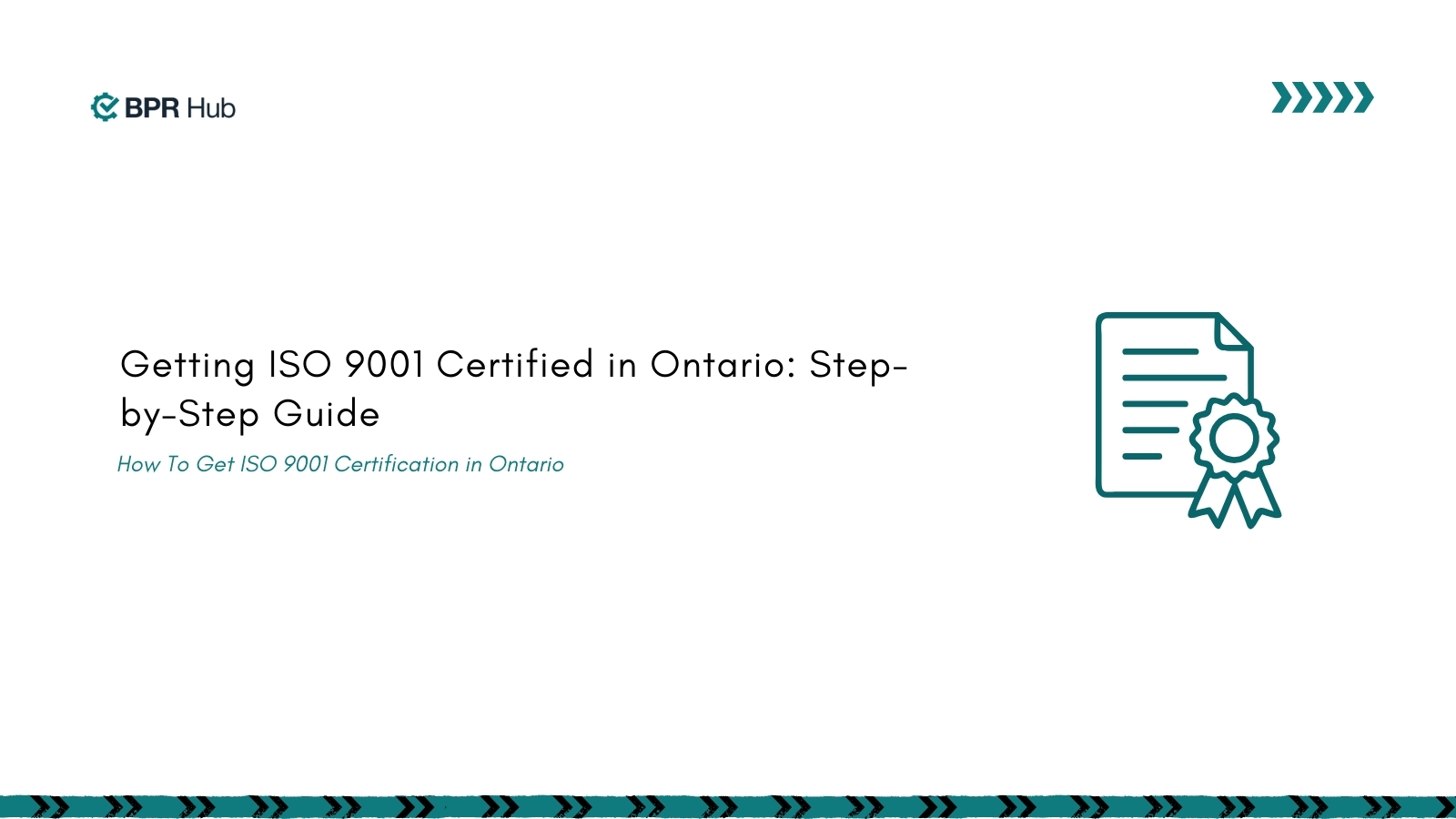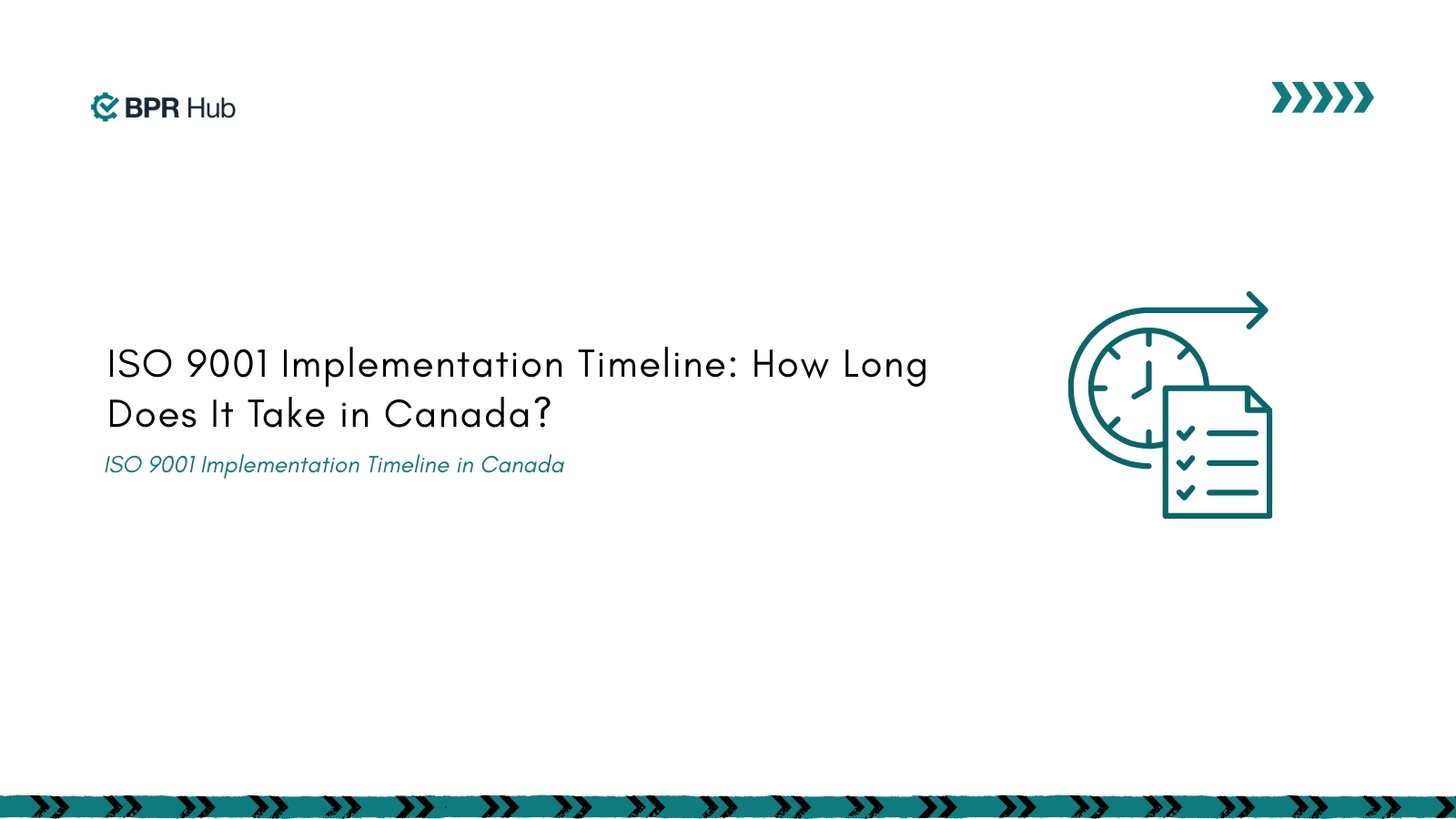In an industry where a single defect can cost millions and compromise human safety, aerospace quality management systems have become the backbone of operational excellence. According to recent industry research, 94% of aerospace executives report moderate to severe impact from parts shortages, while 83% point to persistent quality concerns. This stark reality underscores why robust aerospace quality assurance frameworks aren't just recommended; they're essential for survival in today's competitive aerospace landscape.
Whether you're a compliance officer seeking certification guidance or a manufacturing leader implementing quality management in the aerospace industry, understanding these critical systems can transform your operational efficiency and market position. From AS9100 standards to NADCAP accreditation, this comprehensive guide reveals everything you need to know about building world-class quality systems that meet the demanding requirements of aerospace manufacturing.
What Is Aerospace Quality Management?
Definition and Purpose of Aerospace Quality Management
Aerospace quality management encompasses systematic processes, procedures, and standards designed to ensure aerospace products and services consistently meet customer expectations, regulatory requirements, and safety standards. Unlike traditional quality management, aerospace quality systems must address unique challenges where failure is not an option.
Aerospace quality management systems integrate risk management, configuration control, and traceability throughout the product lifecycle. These systems must demonstrate an organization's ability to consistently provide products meeting customer and regulatory requirements while enhancing satisfaction.
Primary purposes include ensuring product safety and reliability, meeting regulatory requirements, reducing operational risks, enhancing customer confidence, and enabling continuous improvement.
Difference Between Aerospace QMS and Traditional Quality Management
Aerospace Quality Management Systems differ significantly from traditional approaches. While ISO 9001 systems provide a foundation, aerospace quality assurance demands additional control layers.
Risk Management: Aerospace QMS must identify, assess, and mitigate risks throughout the product lifecycle. Aerospace quality management includes over 100 additional requirements beyond standard ISO 9001 provisions.
Configuration Management: Aerospace products require precise control over design changes with complete traceability throughout the supply chain.
Supplier Control: Aerospace quality management systems mandate rigorous supplier qualification, monitoring, and control processes due to interconnected supply chains.
Drive Compliance and Excellence with BPR Hub
📍 Book a Demo
📧 hello@bprhub.com
Importance of Aerospace Quality Management Systems
Ensuring Safety, Reliability, and Compliance
Aerospace quality management systems serve as the critical foundation for ensuring safety, reliability, and regulatory compliance. According to the Aerospace Industries Association's 2024 report, the American aerospace and defense industry generated $995 billion in combined sales in 2024, emphasizing the massive economic impact these systems must manage.
Safety remains paramount in aerospace quality assurance. Every component must meet exacting standards to prevent catastrophic failures. Regulatory compliance requires adherence to the FAA, EASA, and other international regulatory bodies. Components must function flawlessly for years in harsh environments, including extreme temperatures, pressure variations, and vibration.
Role in Reducing Costs and Improving Efficiency
Effective aerospace quality management systems deliver significant cost reduction and efficiency improvements. According to Grand View Research, the global defense & aerospace quality management software segment generated $592.4 million in revenue in 2024 and is expected to reach $1,068.8 million by 2030.
Cost Reduction Benefits include prevention of expensive rework, reduction in warranty claims, streamlined supplier relationships, and minimized regulatory compliance issues. Efficiency Improvements involve standardized processes, enhanced supplier performance, faster problem resolution, and improved resource allocation.
Key Components of Aerospace Quality Management Systems
Process Control and Standardization
Process control and standardization form the foundation of effective aerospace quality management systems. Process Control involves statistical process control, work instructions, process validation, and environmental controls. Standardization ensures consistent application of quality planning methodologies, inspection procedures, documentation formats, and training requirements.
Supplier Quality Assurance and Auditing
Supplier quality assurance represents a critical component, given the complex global supply chains. Supplier Qualification includes initial assessment, quality agreement development, capability studies, and risk assessment. Ongoing Supplier Management involves performance monitoring, regular audits, supplier development, and corrective action management.
Nonconformance Management and CAPA
Nonconformance management and Corrective and Preventive Action (CAPA) processes ensure quality issues are systematically resolved. Nonconformance Management involves detection, segregation, evaluation, and documentation. CAPA Systems provides root cause analysis, corrective actions, preventive actions, and effectiveness verification.
Aerospace Quality Assurance and Industry Standards
Overview of AS9100, ISO 9001, and NADCAP
Aerospace quality assurance relies on interconnected standards and certification programs that ensure the highest levels of quality and safety.
AS9100 serves as the primary aerospace quality management standard. According to NQA, a leading AS9100 certification body, AS9100 includes all ISO 9001:2015 quality management system requirements along with additional aviation, space, and defense industry requirements and definitions. Key enhancements include risk management, configuration management, project management, counterfeit parts prevention, and human factors consideration.
ISO 9001 provides the foundational quality management framework that underpins AS9100, while NADCAP complements AS9100 by providing specialized accreditation for critical aerospace processes. According to the Performance Review Institute, NADCAP was established in 1990 and provides accreditation for special processes, including heat treating, chemical processing, welding, non-destructive testing, and materials testing.
Regulatory Compliance and Certification Requirements
Quality management in the aerospace industry must address complex regulatory requirements from multiple authorities, including the FAA, EASA, TCCA, and CAAC. Certification Requirements typically include initial certification audits, surveillance audits, recertification, and special audits. The certification process typically takes 6-18 months, depending on organizational complexity and current quality system state.
Best Practices for Implementing Aerospace Quality Management
Training, Documentation, and Continuous Improvement
Successful aerospace quality management systems implementation requires comprehensive training, documentation, and continuous improvement. Training Programs must address general quality principles and industry-specific requirements. Effective training programs must be documented, monitored, and regularly updated.
Documentation Systems must include quality manuals, procedures, work instructions, and comprehensive records. Continuous Improvement drives success through performance metrics, management reviews, employee feedback, and benchmarking.
Leveraging Lean, Six Sigma, and TQM
Aerospace quality management systems benefit from integrating proven methodologies. Lean Manufacturing reduces waste through value stream mapping. Six Sigma provides data-driven problem-solving through DMAIC processes. Total Quality Management creates a quality culture through customer focus and employee empowerment.
Challenges in Aerospace Quality Management
Complex Supply Chains and Data Traceability
Aerospace quality management systems face unprecedented challenges in managing complex global supply chains while maintaining complete traceability. Aerospace manufacturers typically work with thousands of suppliers across multiple tiers, creating significant complexity in quality oversight.
Supply Chain Complexity includes multi-tier suppliers, global distribution, specialized processes, and capacity constraints. Traceability Requirements demand material traceability, process history, configuration control, and serialization throughout the product lifecycle.
Technology Solutions for supply chain management include digital quality management systems, blockchain technology, real-time monitoring, and predictive analytics.
Managing Human Error and Technological Integration
Aerospace quality management must address minimizing human error while effectively integrating new technologies. Human Error Prevention involves error-proofing design, competency management, fatigue management, and clear communication systems.
Technological Integration challenges include legacy system compatibility, data security, change management, and validation requirements. Successful implementation requires careful planning, testing, and validation of new approaches.
.jpg)
Role of Technology in Modern Aerospace Quality Management Systems
Automation, AI, and Digital QMS Tools
The integration of advanced technologies is transforming aerospace quality management systems, enabling unprecedented levels of precision, efficiency, and predictive capability. Modern aerospace organizations are increasingly adopting digital solutions to enhance quality, performance, and reduce operational risks.
Automation Technologies include automated inspection systems using machine vision, robotic process automation for routine quality tasks, automated testing equipment, and digital work instructions providing interactive guidance.
Artificial Intelligence Applications are revolutionizing quality management in the aerospace industry through predictive quality analytics, pattern recognition, intelligent scheduling, and natural language processing for analyzing quality documentation.
Digital Quality Management Systems (QMS) provide integrated platforms with cloud-based architecture, mobile accessibility, integration capabilities, and automated regulatory compliance.
Using Real-Time Analytics to Improve Quality and Compliance
Real-time analytics capabilities enable organizations to make data-driven decisions and respond quickly to quality issues. Real-Time Monitoring applications include process parameter monitoring, statistical process control, supplier performance dashboards, and compliance monitoring.
Analytics Capabilities enhance aerospace quality management through trend analysis, root cause analysis, performance benchmarking, and risk assessment. Benefits include faster problem resolution, proactive quality management, improved decision making, and enhanced customer satisfaction.
Future Trends in Aerospace Quality Management
Predictive Quality and Smart Manufacturing
The future of aerospace quality management is being shaped by predictive technologies and smart manufacturing principles. Predictive Quality Technologies include machine learning algorithms, digital twins, sensor networks, and advanced analytics for identifying quality patterns.
Smart Manufacturing Integration involves cyber-physical systems, autonomous quality control, collaborative robotics, and blockchain integration. Benefits include zero-defect manufacturing, reduced quality costs, enhanced reliability, and optimized maintenance.
Sustainability and Environmental Responsibility in Aerospace QMS
Environmental sustainability is becoming integral to aerospace quality management systems. Environmental Quality Requirements include sustainable materials, energy efficiency, waste reduction, and life cycle assessment.
According to recent ISO 9001 updates, ISO published ISO 9001:2015/AMD1:2024 in February 2024, which amends Section 4 to include climate action considerations. Implementation Strategies involve green supply chain management, circular economy principles, carbon footprint reduction, and environmental management integration.
How BPR Hub Helps with Aerospace Quality Management
BPR Hub provides comprehensive AI-powered solutions that enable aerospace organizations to achieve world-class quality performance.
AI QCG for Aerospace - Powered by Octo
BPR Hub's AI QCG (Quality Compliance Grid) for Aerospace transforms compliance management. Octo, your AI-powered compliance assistant, understands AS9100D, ISO 9001, FAA, and EASA requirements.
With Octo for Aerospace, you can:
- Instantly locate critical aerospace documents and supplier certifications
- Get guided workflows for corrective actions and risk assessments
- Ask compliance questions in plain English or technical terms
- Check audit readiness with real-time compliance scores
Comprehensive Aerospace Solutions
Our AI-powered platform delivers connected compliance management across aerospace standards, providing real-time answers for AS9100 certification success.
Transform Your Aerospace Quality Management with BPR Hub
📍 Book a Demo
📧 hello@bprhub.com
Building a Culture of Quality in Aerospace Quality Management
Success in aerospace quality management requires building a culture where quality excellence becomes natural. Organizations achieving sustained success understand that quality is everyone's responsibility, from executive leadership to front-line workers.
Building this culture requires consistent leadership commitment, comprehensive training programs, and recognition systems. The most successful aerospace quality management systems seamlessly integrate quality requirements into daily operations, making quality considerations natural to every decision and action.
As the aerospace industry evolves, organizations investing in strong quality cultures will be best positioned to meet emerging challenges and capitalize on opportunities. Quality management in the aerospace industry is about building the foundation for tomorrow's success.
Key Takeaway
→ Aerospace quality management systems are essential for ensuring safety, reliability, and regulatory compliance in the demanding aerospace industry
→ AS9100 certification provides the framework for implementing comprehensive quality management that meets aerospace-specific requirements beyond standard ISO 9001
→ NADCAP accreditation complements AS9100 by providing specialized validation for critical aerospace manufacturing processes
→ Technology integration, including AI, automation, and real-time analytics, is transforming aerospace quality assurance capabilities and enabling predictive quality management
→ Supply chain complexity and traceability requirements demand sophisticated quality management approaches and strong supplier partnerships
→ Future trends toward predictive quality, smart manufacturing, and environmental sustainability are reshaping aerospace quality management strategies
Frequently Asked Questions
What is the difference between AS9100 and ISO 9001 in aerospace quality management?
AS9100 includes ISO 9001 requirements plus additional aerospace-specific requirements, including risk management, configuration management, project management, and counterfeit parts prevention.
How long does it typically take to achieve AS9100 certification?
AS9100 certification typically takes 6-18 months, depending on organization size, complexity, and current quality system maturity.
What is NADCAP accreditation, and why is it important for aerospace suppliers?
NADCAP provides specialized accreditation for critical aerospace processes such as heat treating, welding, chemical processing, and non-destructive testing. Many aerospace OEMs require NADCAP accreditation as a condition of doing business.
What are the key challenges in implementing aerospace quality management systems?
Primary challenges include managing complex global supply chains, ensuring complete traceability, integrating new technologies, preventing human error, and maintaining regulatory compliance.
How is technology changing aerospace quality management?
Technology is revolutionizing aerospace quality management through automation, artificial intelligence, real-time analytics, and digital quality management systems, enabling predictive quality management and improved traceability.
Get insights that help you minimize risks and maximize profits.
Dive deeper into manufacturing compliance with our free resources.
We get it, compliance can get tough.
Here are some additional resources to help.
We get it, compliance can get tough. Here are some additional resources to help.
Get updates in your inbox

.svg)
%20(1).svg)





%20(1).svg)

.avif)

